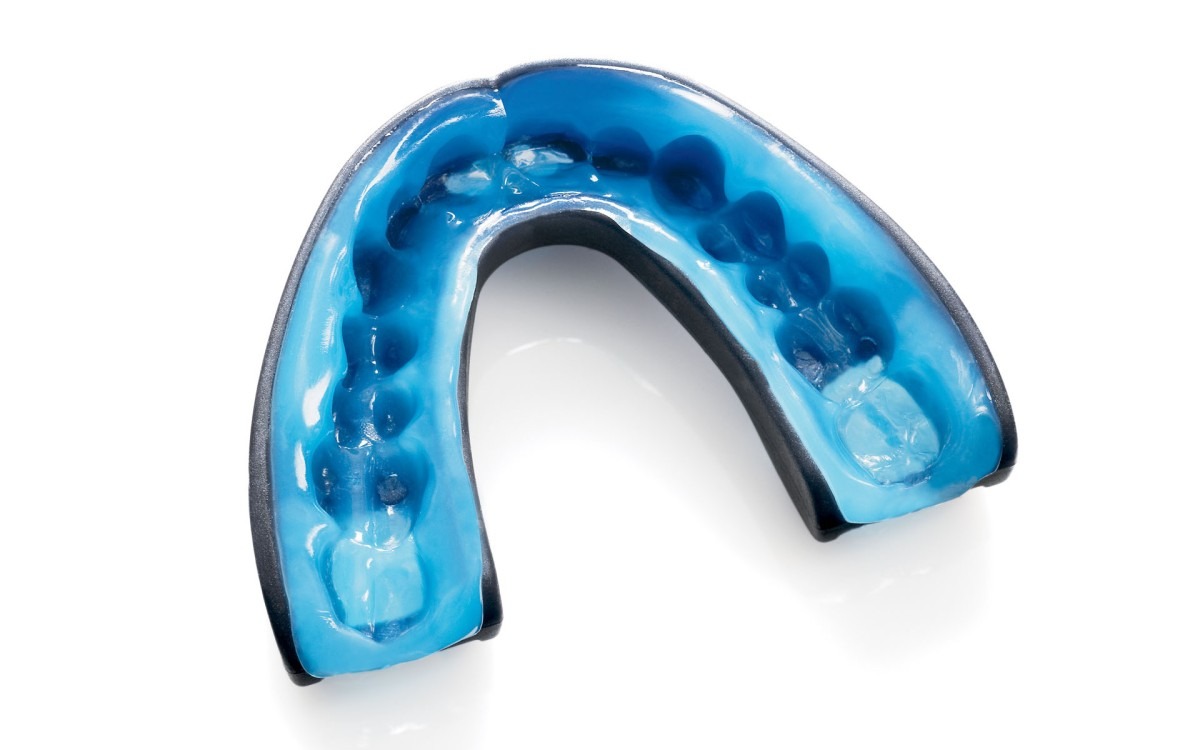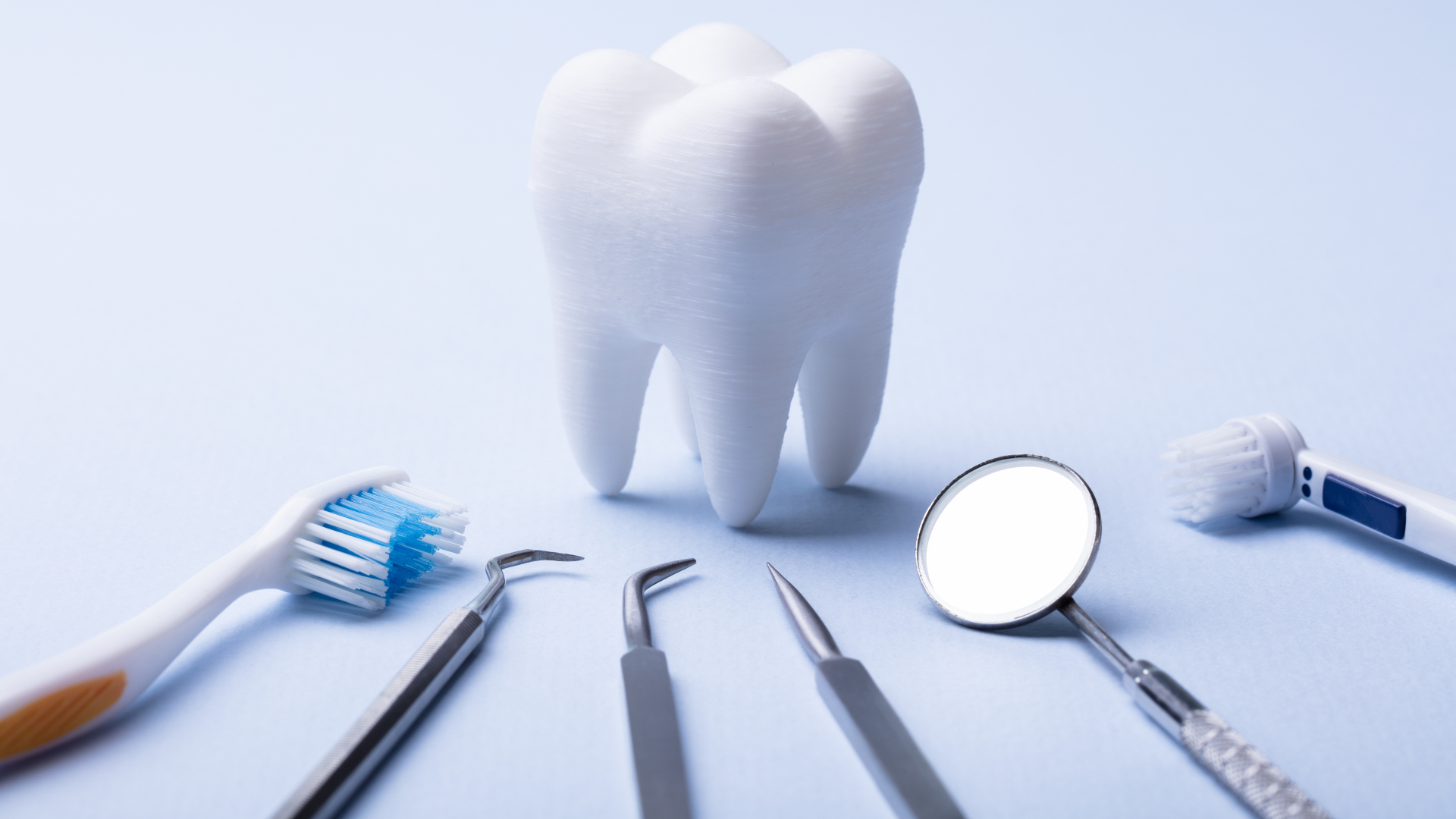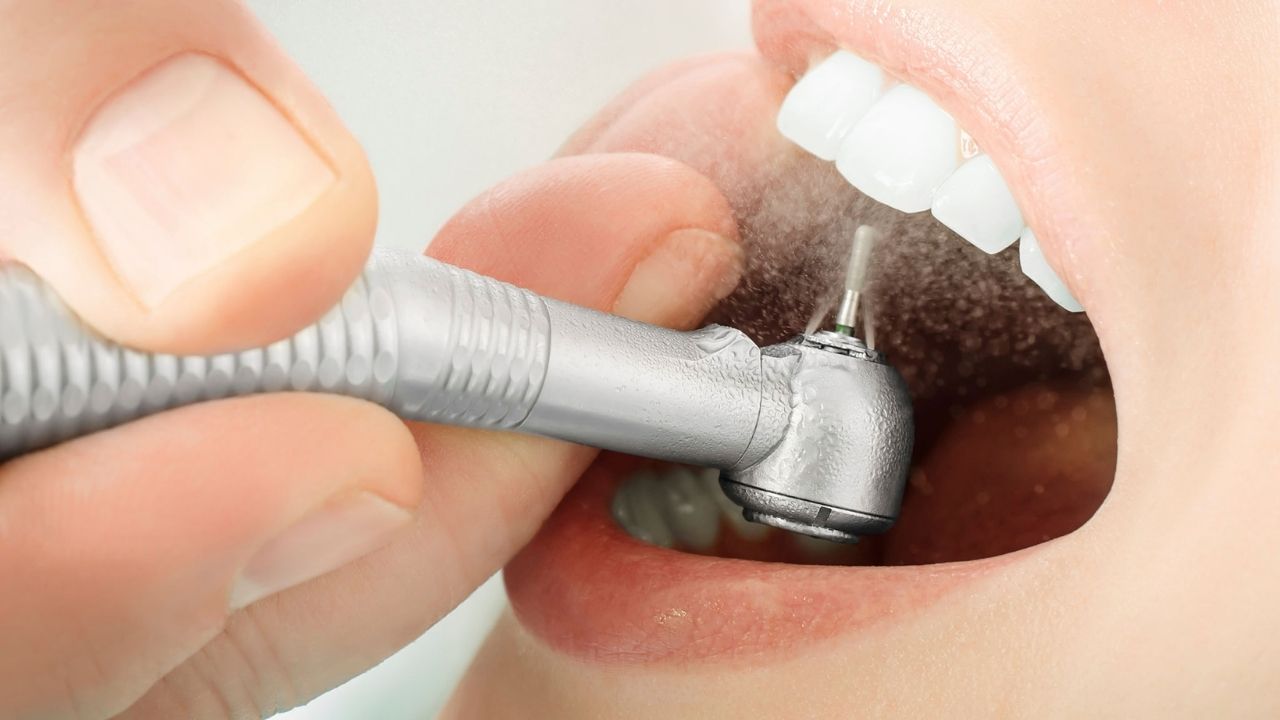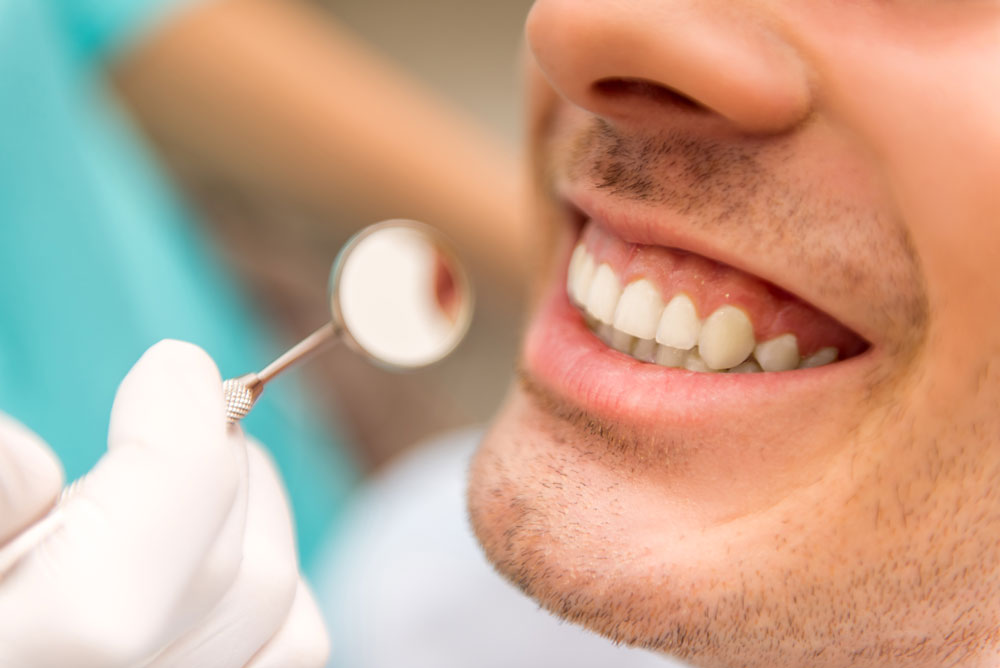Oral Surgery: Common Procedures
Oral surgery encompasses a wide range of procedures that are performed in and around the mouth.
Anúncios
While many people associate oral surgery with wisdom tooth extraction, there are numerous other common procedures that oral surgeons and dentists perform to address various dental and oral health issues.
Anúncios
Tooth Extraction – The Most Common Oral Surgery
Tooth extraction is perhaps the most well-known oral surgery procedure. It involves the removal of a tooth from its socket in the jawbone. Tooth extraction may be necessary for a variety of reasons, including severe decay, infection, crowding, or damage that cannot be repaired. The procedure can be performed under local or general anesthesia, depending on the complexity of the case.
After extraction, patients typically experience some pain, swelling, and bleeding, which are manageable with pain medication and proper aftercare. Healing time varies but usually ranges from a few days to a few weeks.
Anúncios
Dental Implants
Dental implants are a popular solution for replacing missing teeth. This surgical procedure involves the placement of a titanium implant into the jawbone, which serves as an anchor for a crown or bridge. Dental implants provide a stable and natural-looking replacement for missing teeth and help maintain jawbone density.
The implant placement procedure is typically performed in stages, with a healing period between each stage. While it may take several months to complete the entire process, dental implants offer a long-lasting and functional solution for tooth replacement.
Wisdom Teeth Extraction – The Most Feared Oral Surgery
As mentioned earlier, wisdom teeth extraction is a common oral surgery procedure. Wisdom teeth, also known as third molars, often do not have enough space to emerge properly and can become impacted or cause other dental problems. The extraction process for wisdom teeth is similar to that of other teeth, but the recovery may involve a few more days of discomfort due to the positioning of these molars.
Gum Surgery
Gum surgery, or periodontal surgery, is performed to treat various gum diseases, such as gingivitis or periodontitis. Common gum surgery procedures include:
- Gingival Flap Surgery: Involves lifting the gums to remove plaque and tartar, then repositioning the gums to fit snugly around the teeth.
- Gum Grafting: Used to cover exposed tooth roots by taking tissue from elsewhere in the mouth and grafting it onto the affected area.
- Periodontal Pocket Reduction: Reduces the depth of gum pockets to prevent further infection and improve oral health.
Orthognathic Surgery
Orthognathic surgery, also known as corrective jaw surgery, is performed to correct misaligned jaws and facial skeletal issues that can affect a person’s bite, speech, and facial aesthetics. This procedure may involve repositioning the upper jaw (maxilla), lower jaw (mandible), or both. Orthognathic surgery can address conditions such as overbites, underbites, and facial asymmetry.
Patients undergoing orthognathic surgery should expect a period of pre-surgical orthodontic treatment, followed by the surgical procedure itself. Recovery may take several weeks, during which time patients will be on a liquid or soft food diet and may experience swelling and discomfort.
Biopsies and Lesion Removal
Oral surgeons often perform biopsies and the removal of abnormal tissue or lesions from the mouth, including suspicious growths, cysts, or tumors. These procedures are essential for diagnosing and treating potential oral cancers or other pathological conditions.
The biopsy procedure involves taking a small sample of tissue, which is then sent to a laboratory for analysis. Depending on the results, further treatment may be required.
Pre-Prosthetic Surgery
Pre-prosthetic surgery aims to prepare the mouth for the placement of dental prosthetics such as dentures or dental implants. This may involve procedures to remove excess bone, reshape the jawbone, or smooth out sharp bony edges to ensure a comfortable fit for the prosthetic device. Pre-prosthetic surgery helps ensure the long-term success and comfort of dental prosthetics.
Exploring the Vital Role of Oral Surgery
Oral surgery encompasses a broad spectrum of procedures that play a crucial role in maintaining oral health and improving the function and aesthetics of the mouth and face. These common oral surgery procedures address various issues, from tooth extraction and dental implants to gum surgery, orthognathic surgery, biopsies, and pre-prosthetic surgery.
Patients should consult with their oral surgeon or dentist to discuss their specific needs, the details of the procedure, and what to expect during and after surgery. With the advancements in oral surgery techniques and technology, these procedures are safer and more effective than ever, helping patients achieve healthier and more confident smiles.




